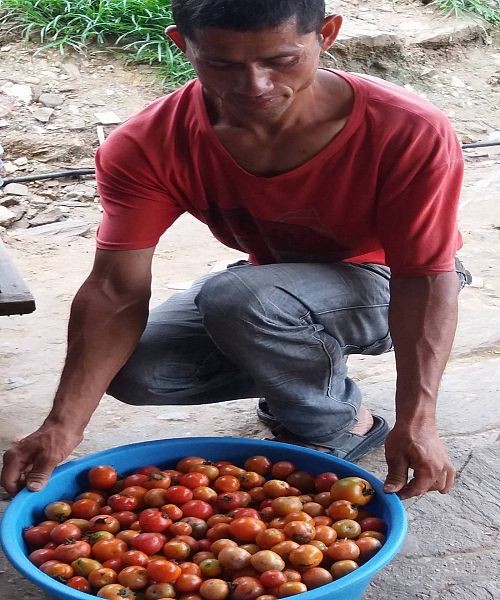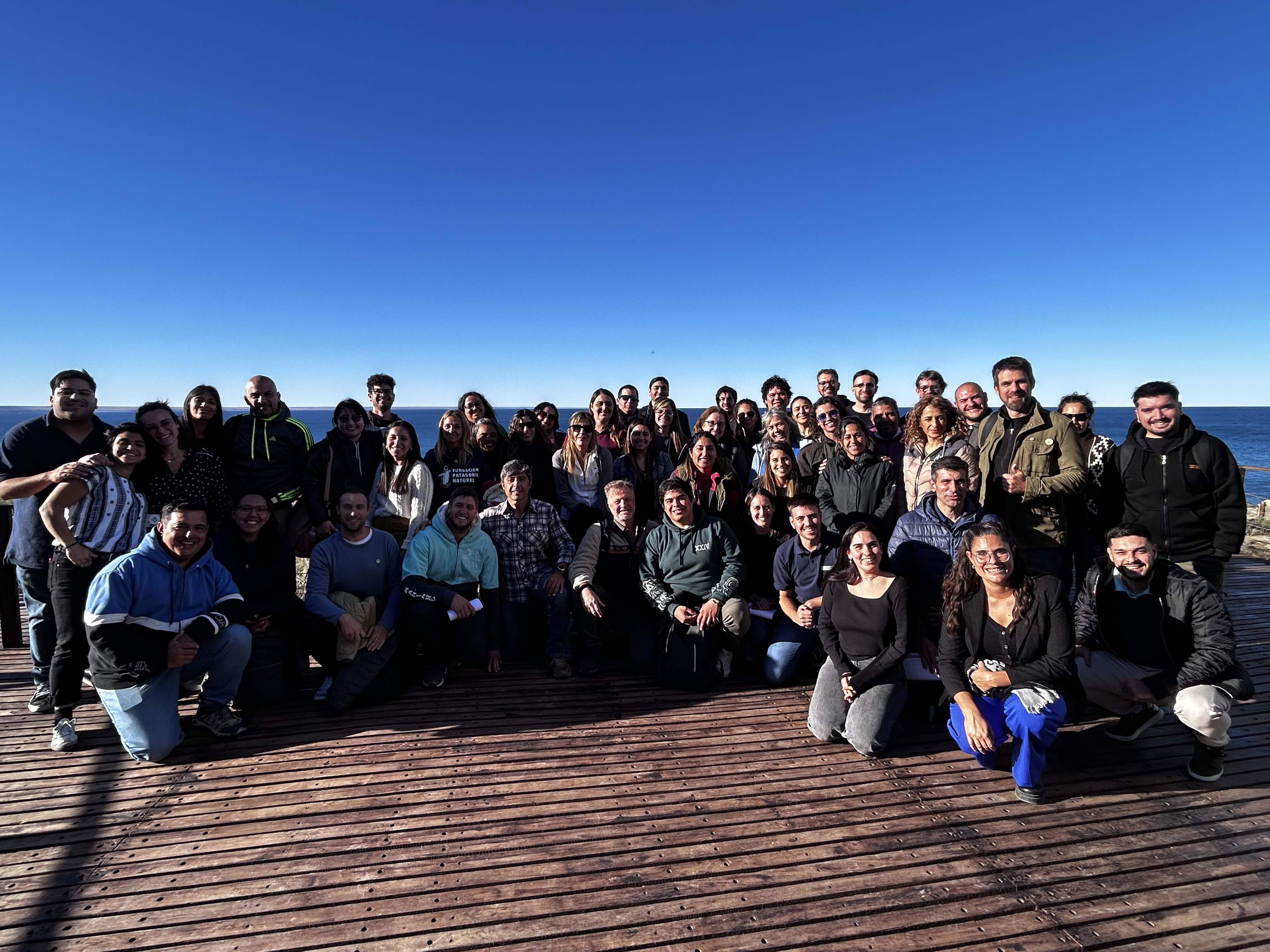More than 45 teachers from 15 schools in Chubut Province, Argentina, participated in the first training to launch our newest capacity building partnership: the YouthEnergy project.
Solar Powered Cold Storage Systems: Keeping Vegetables fresh for sale in Nepal
How can small farmers from rural areas harvest enough fruits and vegetables for self sufficiency and gaining profits from sales, if the culticultivable land is too small, the closest market too far and using electricity for cooling is not possible? WISIONS supported a project in Nepal that tackled these issues with one simple solution: Solar Power Cooling!
WISIONS supported the People, Energy and Environment Development Association (PEEDA) for undertaking the SEPS-Project Improving Agricultural Profitability for Smallholder Farms by introducing Solar Powered Mobile Cold Storage in Beiteshwor Rural Municipality of Dolakha District (Nepal). The underlying reason for the organization to start the project was the identification of multilayer challenges for Nepalese small farmers. First, the landscape of Nepal is mountainous and offers in most parts only small areas for farming and growing fruits and vegetables. This results in only small quantities of harvest. Secondly, regional markets are often too far away for small farmers too reach. Because farmers cannot keep vegetables and fruits fresh they either have to consume them themselves or sell them directly at a low price to an intermediary salesman. Third, the electricity supply to run a cooling system throughout the day is either not sufficient or available at all as 28% of the population still lack access to electric grids. For these underlying reasons PEEDA created a simple solution with great opportunities for these small farmers: a Solar Powered Cold Storage System with integrated batteries to run the cooler 24 hours even without sunny weather.
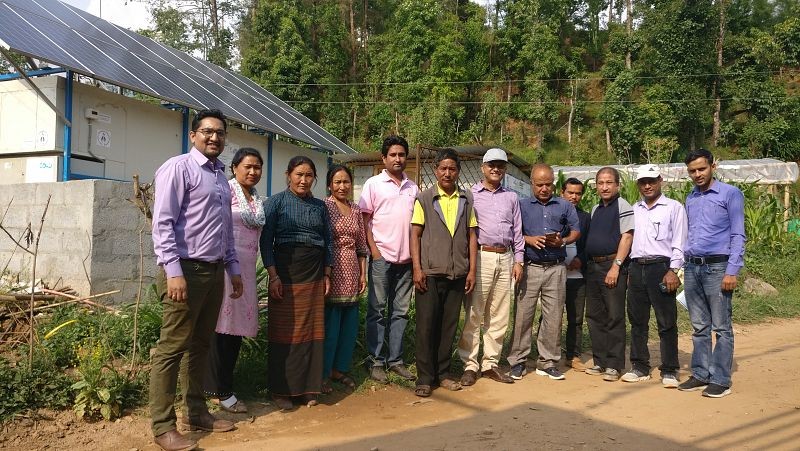
PEEDA Team
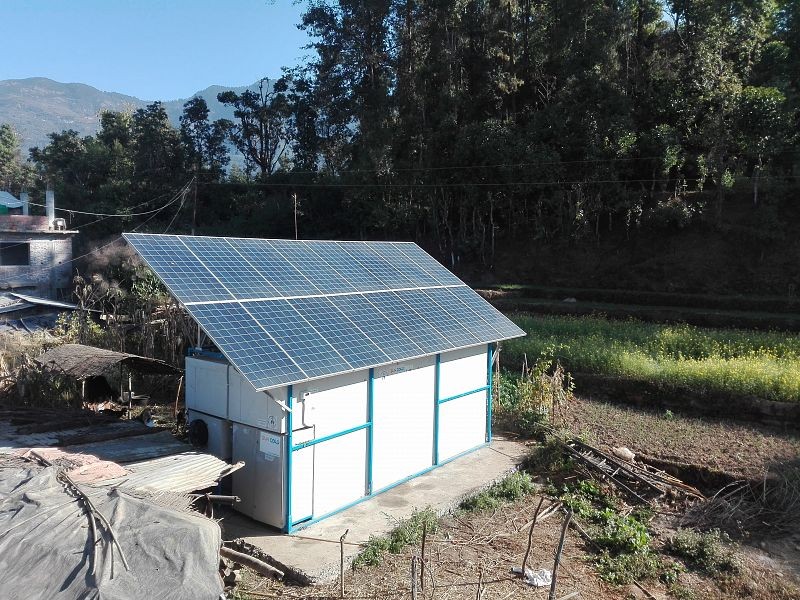
Cold Storage System
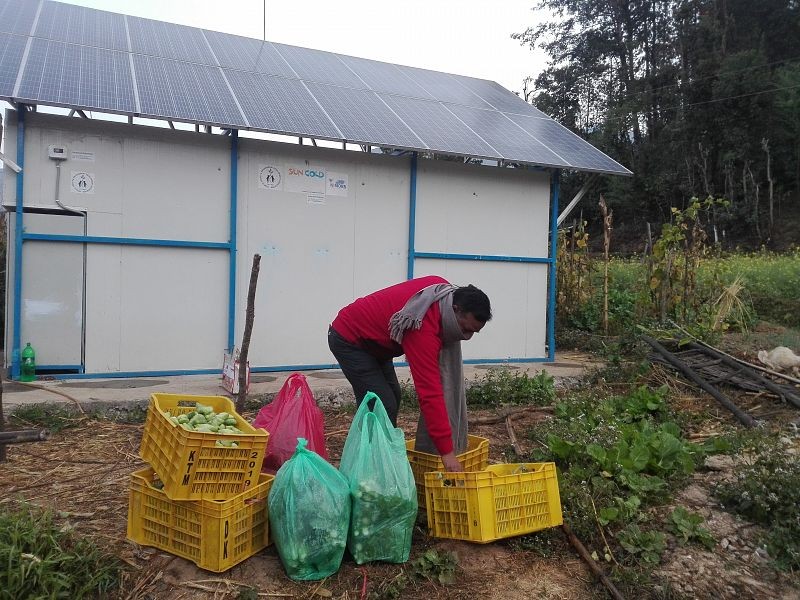
Fruit Collection
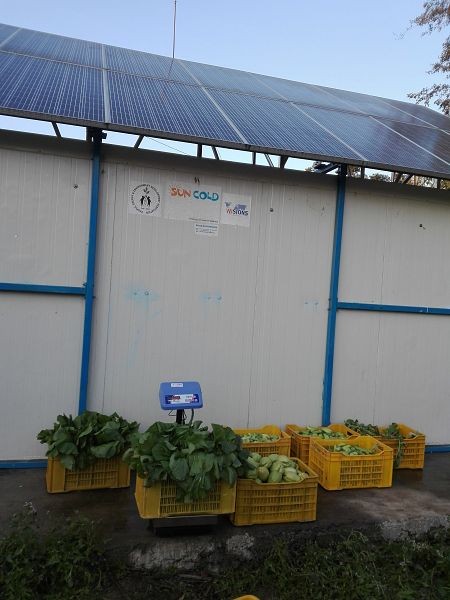
Vegetables to be stored
- Reduction of Food Waste more than 50%
- Employment opportunities for maintenance of the system
- Creation of business models for the farmers
